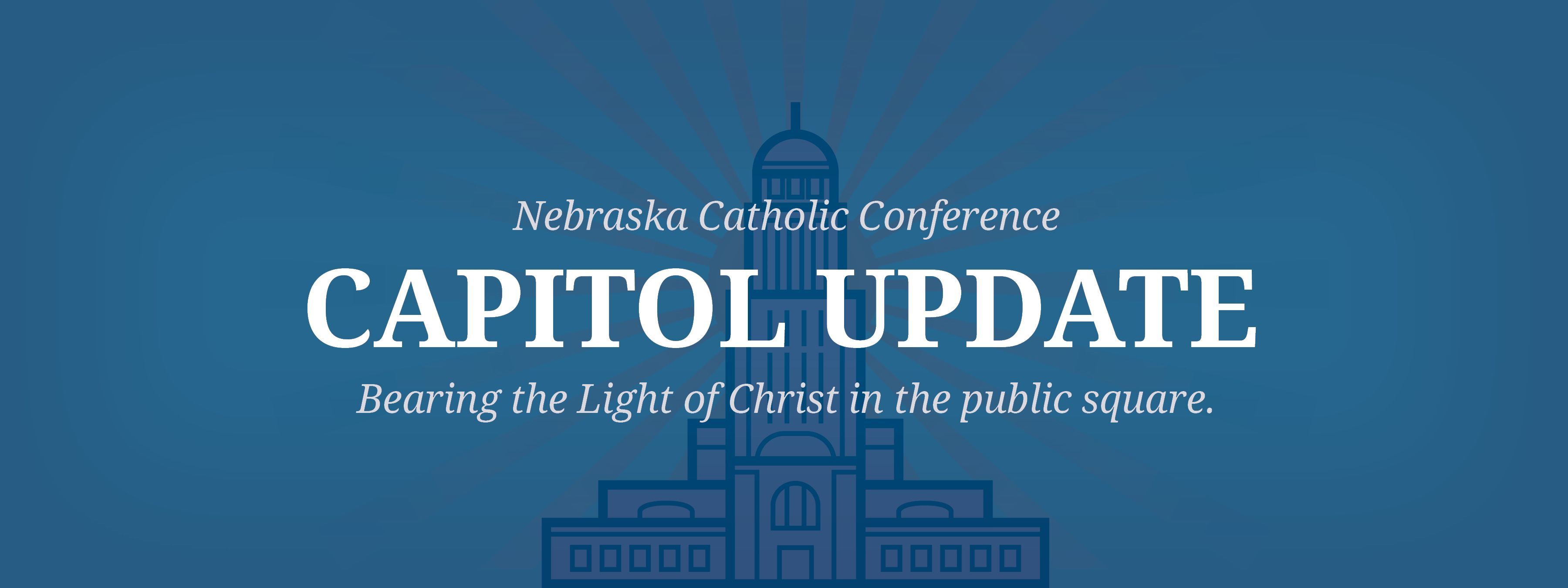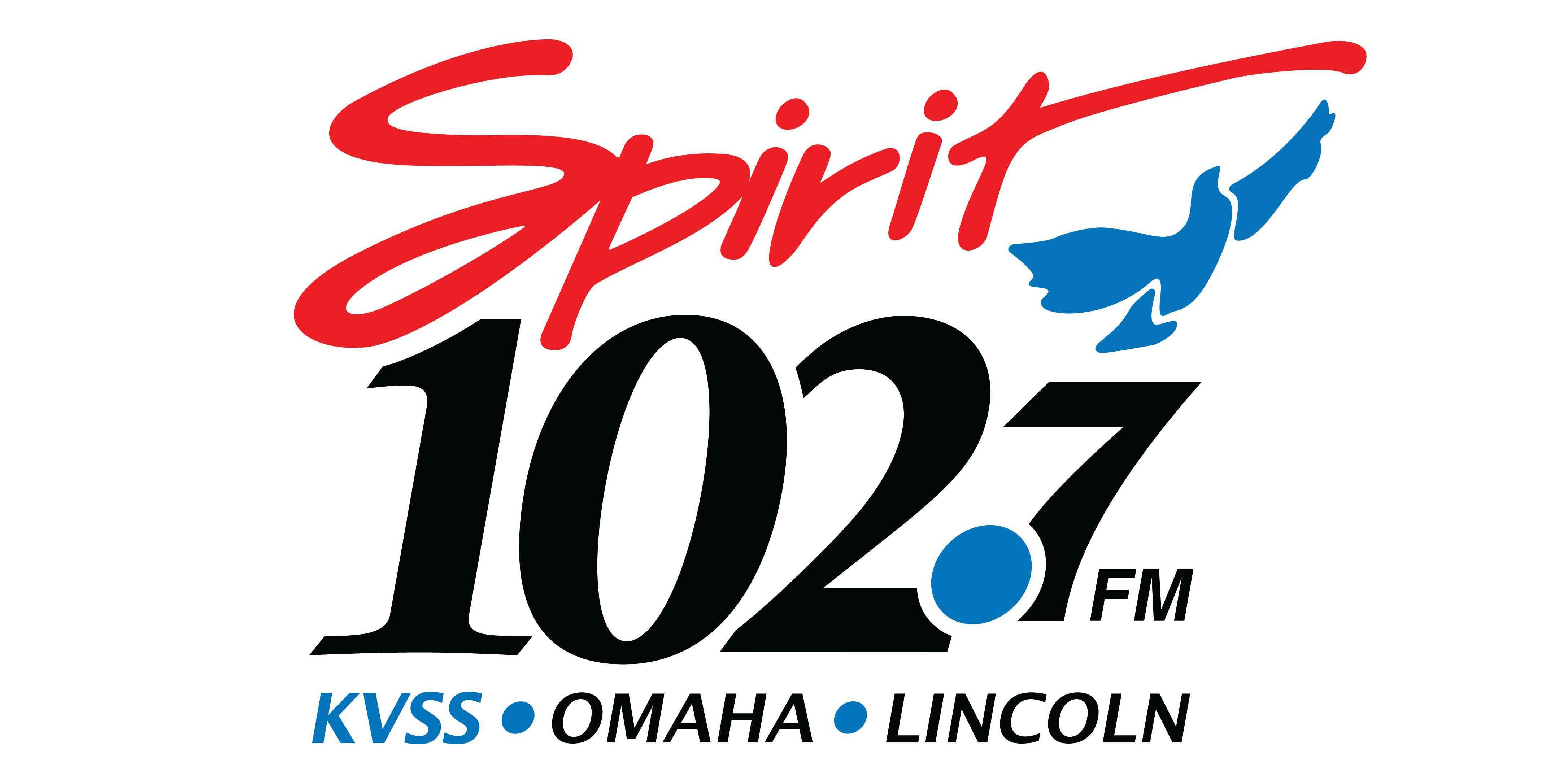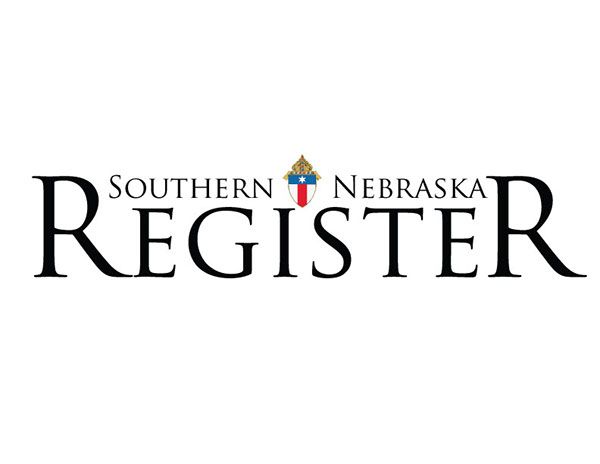Before you know it, Nov. 3 will come and be gone. But as we are yet to approach the date, many of us are sitting, contemplating: How should I vote in this particular race or in that particular race? Another question many of us are also asking: What should I do about the ballot initiatives?
While elections usually focus on candidates and their personalities and policy positions, elections are also an important time to focus on very specific issues that come to us in the form of a ballot initiative.
This election cycle brings us two important topics: payday lending reform (Initiative 428) and expanded gambling (Initiatives 429, 430, and 431). The Catholic Bishops of Nebraska, through the Nebraska Catholic Conference, are urging voters to vote “For” Initiative 428 to implement just limitations on interest rates imposed by payday lenders. The bishops are also urging voters to vote “Against” Initiatives 429, 430, and 431 which, collectively, would allow full-fledged casino gambling in Nebraska.
Using faith and reason as our guides, let’s take a look at each issue. But since each issue is important in its own right, in this column of the Southern Nebraska Register I want to take a look at Initiative 428 about payday lending interest rate caps.
Nebraska law currently allows payday lending operators to issue small-dollar loans to consumers at unreasonable rates. Payday lenders can charge an annual percentage rate (APR) of up to 461% on a $425 loan that is typically due in full two weeks later. When borrowers are unable to repay their loan after two weeks, they usually have no choice but to take out a second loan to repay their first. This inability to repay a loan can lead to a vicious “debt cycle” which can continue for years.
The Nebraska Department of Banking and Finance maintains data on payday lending practices. Their 2019 annual report reveals that the average borrower was charged 405% APR on a $362 loan and was trapped into 10 loans in a single year. In 2019 alone, payday lenders have extracted more than $30 million in fees from borrowers.
So why does this matter to Catholics?
Rather than providing just forms of lending to those in financial need, the payday lending industry all too often preys on the financially destitute, exalting profits over persons.
Catholic social teaching is very clear on this issue. It recognizes that it is both morally acceptable to earn reasonable and equitable profits in economic and financial activities, and morally reprehensible to lend money at unreasonably high rates of interest (a practice also known as usury). The Catechism of the Catholic Church categorically condemns usury as a violation of the 7th Commandment (“Thou shall not steal”). As Saint Pope John Paul II said: “[Usury is] a scourge that is also a reality in our time and has a stranglehold on many people’s lives.”
This teaching echoes the countless occasions in the Old and New Testaments where God gives particular attention, care, and love for the poor and condemns those “who trample the needy and do away with the poor in the land” (Amos 8:4).
When you break down the data, those who seek out payday loans are those without a college degree; home renters; African Americans; those earning below $40,000 annually; and those separate and divorced. They turn to payday loans to cover basic living expenses like utilities, rent or mortgage payments, food, or credit card bills.
Already federal law provides interest rate cap protections for active duty military. Around 16 other states also incorporate these protections more broadly. When federal law and states provide these protections, it leads those in financial need to have access to just forms of lending. Also, where payday lenders shut down because they can no longer exploit the financially destitute, it helps people make healthier financial decisions like reduce their expenses, seek financial assistance from family or friends, or negotiate payment plans for bills and other expenses.
By voting “FOR” Initiative 428 Nebraska can implement a reasonable interest rate cap of 36% on payday loans. This policy honors the poor and vulnerable in our state who are simply looking for a hand-up—not a hand-out—during a time of financial need.







